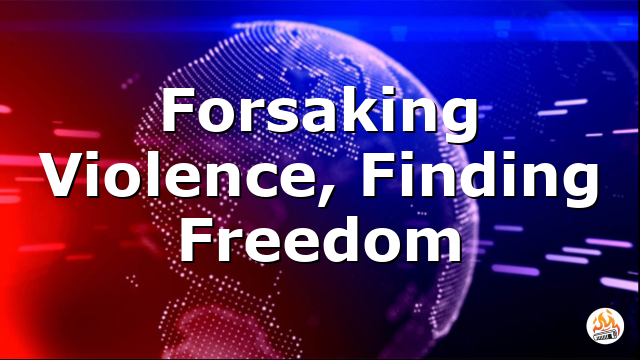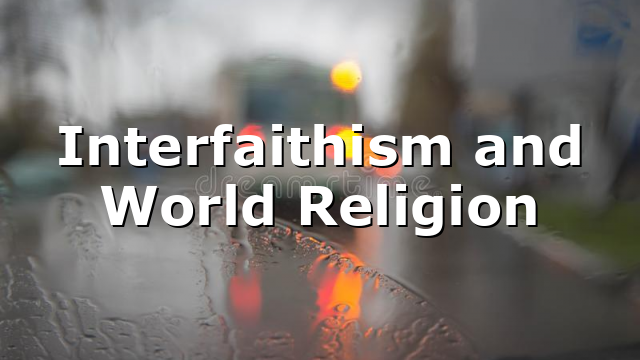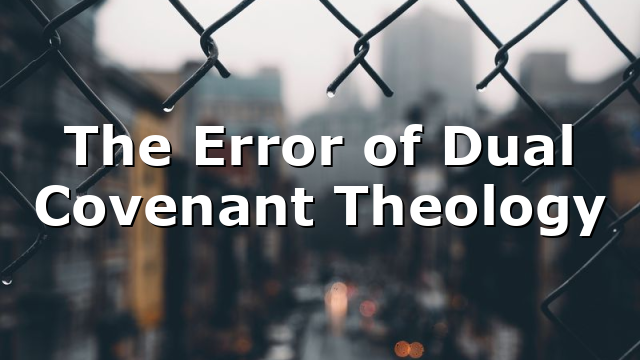
Forsaking Violence, Finding Freedom
For most kids, taking out the trash is just a household chore. For Michael A. Chavez, the route to dispose of the garbage in childhood led him past a neighbor who repeatedly sexually molested him. He endured lectures from his mom about being lazy for avoiding chores rather than facing the shame of telling her what happened. He confided in friends, but they ridiculed him. The trauma of his experience triggered distrust and harmful behaviors that marked his life for nearly three decades.
“The only response I saw that got the effect that I wanted was violence,” Chavez recalls.
Chavez’s youth became a blur of violence, drugs, and incarceration. His rap sheet included juvenile detention at age 11, doing time in a Mexican prison, returning to the U.S. only to fall back into old habits with old friends, and ending up in jail again.
“It came to a point where I would wake up comfortable behind bars,” Chavez says. “When you wake up comfortable in prison, that’s a bad sign.”
Chavez, now 38, notes that he saw only a few months of the free world throughout his 20s. His last incarceration followed time with a motorcycle gang, where Chavez admits he valued his violent lifestyle and drugs above everything else, including his family.
“I liked the feeling of people being scared of me,” Chavez says. “I liked showing up and having them just stuttering to talk to me. But it was all for nothing.”
After his release from prison in 2019, Chavez received a blunt message from his mother, Sylvia: My son, when you get out, you’re not going to have a place to come to if you don’t change.
He believed her. Chavez knew he had to deal with his addiction.
A desperate search for a treatment facility led to Adult & Teen Challenge, the Assemblies of God U.S. Missions program. Chavez entered the Shafter, California, facility.
Danny Bond, a teacher/student advocate at the facility, worked with Chavez and remembers his antagonism when he arrived.
“Michael came from a rough prison background,” Bond recalls. “He was involved in a motorcycle outlaw club, an actual patch holder.”
Even though Chavez connected well with Bond and others at Teen Challenge, he initially resisted the program’s rules. Chavez called a friend to help him get out and told him to honk when he arrived, so Chavez could make his move.
“I was packing my things, and I started seeing things — things that I was doing, things that I did in the past as if I was reliving that moment,” Chavez recounts. “And I kept hearing this voice telling me to stay, to open my heart and open my mind.”
Chavez attributes the vision to divine intervention. At the end he heard his friend honking the horn.
“But I didn’t get up,” Chavez says. “I just stayed there. That was the best decision of my life.”
That day, Chavez recalls experiencing an emotion he had rarely known: joy.
“I hadn’t felt like that in such a long time,” Chavez says. “I started crying and thanking God for allowing me another chance, another day of life.”
Chavez’s transformation amazed Bond.
“When he got here he was broken,” Bond says. “He encountered the Holy Spirit and invited Jesus into his heart and became a new person. He trusted in the Lord and it just changed his life.”
When Chavez completed the Adult & Teen Challenge one-year program, he gave Bond his beanie from the motorcycle gang.
“He gave it to me like a trophy,” Bond says, “a symbol of putting his past behind him.”
Chavez enrolled in United Education Institute College in Encino, California, then began working as a medical assistant in an urgent care facility. He plans to attend Gurnick School of Medical Arts to further his education.











Leave a Reply